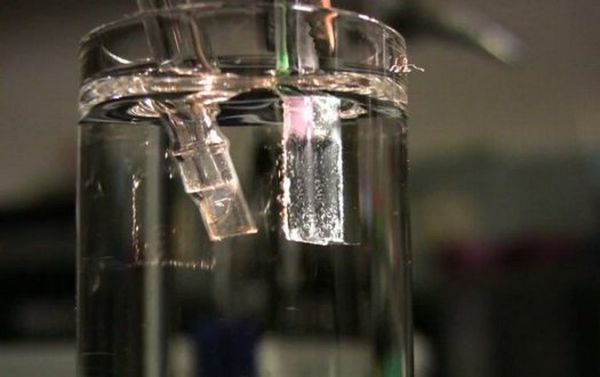
We all know that plants being extremely clever make the optimum use of sunlight to crack water into oxygen and hydrogen. Combining hydrogen with carbon dioxide they make sugar and we humans too are trying to figure out how to recombine oxygen and hydrogen back into water to generate electricity. Here the wait comes to an end!
In the joint venture with Daniel Nocera, chemistry and engineering researcher at MIT, also the founder of SunCatalytix, the Tata Group for the green future has come up with a smart solution that would be powering your house by next year.
The idea was born when Nocera and his team stuck an artificial cobalt- and phosphate-coated silicon leaf into a jar of water and managed to create power at pretty good efficiency. The energy thus generated is anticipated to surpass today’s solar panels. The technique follows the process of photosynthesis that by splitting hydrogen from water generates power from the sun.
It is hoped that the research once completed would lead to a refrigerator-sized “mini power plant” t that could power the homes of three billion people.
The research is yet to be proceeded as it has reached just the preliminary stages and it is anticipated that it will be able to generate enough energy from a bottle and a half of water to power a small house. The swimming pool-sized container refreshed each day with new water could meet the entire planet’s electricity demands.
Nocera estimates that the world consumes 14 terawatts (TW) of power today. By 2050, it will need 16TW. If his solution works, said Nocera, it would need a swimming pool full of water every day to meet the world’s electricity needs.
If I say, water plus sunlight equals hydrogen plus oxygen equals electricity it would be the apt one liner to give you the clue as to what would be the green result of the research that is expected to be complete by next year.
Via: Dvice/Fastcompany




